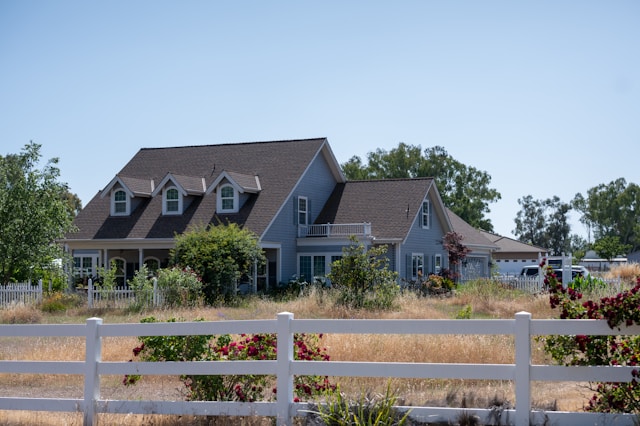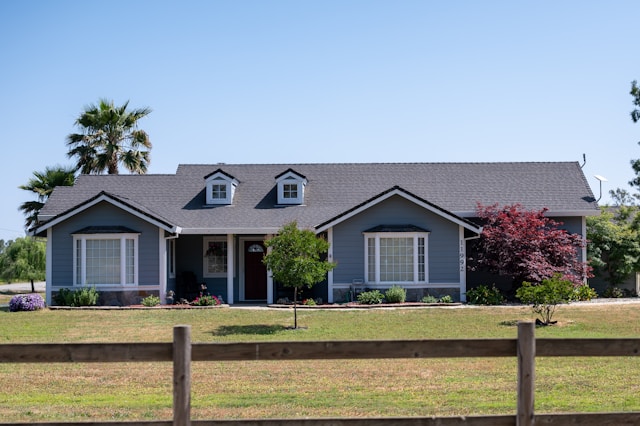10 Tips for First-Time Homebuyers in Covina
Buying your first home is exciting but can also be overwhelming. There are many steps, decisions, and emotions involved. If you’re looking to buy your first home in Covina, you’re in the right place. Covina is a lovely city with a lot to offer, from great schools to beautiful parks. But how do you go about buying your first home here? Let me guide you through ten essential tips that will make the process smoother and less stressful.
1. Know Your Budget
The first step in buying a home is knowing how much you can afford. This isn’t just about the price of the house. You need to consider other costs like property taxes, home insurance, maintenance, and utilities.
To get a clear picture of your budget, start by looking at your monthly income and expenses. Subtract your regular expenses like food, transportation, and entertainment from your income. This will give you an idea of how much you can afford to spend on a mortgage each month.
For example, if you earn $5,000 a month and your expenses are $3,000, you have $2,000 left. This is the maximum amount you can spend on your mortgage. But remember, you also need to save for emergencies and future repairs, so don’t stretch your budget too thin.
2. Get Pre-Approved for a Mortgage
Before you start house hunting, it’s a good idea to get pre-approved for a mortgage. This means a lender will look at your finances and tell you how much they are willing to lend you. It gives you a clear idea of your budget and shows sellers that you are serious about buying.
To get pre-approved, you will need to provide some documents like your income statements, tax returns, and information about your debts and assets. The lender will check your credit score and financial history to determine how much you can borrow.
Imagine you’re shopping for a car. You wouldn’t go to the dealership without knowing how much you can spend, right? The same goes for buying a home. Knowing your budget helps you avoid looking at houses that are out of your price range.
3. Find a Good Real Estate Agent
A good real estate agent can make the home-buying process much easier. They know the local market, can help you find the right home, and guide you through the paperwork. Look for an agent who has experience in Covina and good reviews from other buyers.
When choosing an agent, don’t be afraid to ask questions. Find out how long they’ve been in the business, how many homes they’ve sold in Covina, and what their strategy is for finding homes that meet your needs. A good agent will listen to your preferences and work hard to find the right home for you.
Think of a real estate agent like a tour guide. If you were visiting a new city, you’d want a guide who knows the area well and can show you the best places. The same goes for buying a home. A knowledgeable agent can help you navigate the complex real estate market.
4. Consider the Neighborhood
When buying a home, you’re not just buying the house itself, but also the neighborhood. Take the time to explore different areas in Covina and think about what’s important to you. Do you want to be close to schools, parks, shopping centers, or public transportation?
Visit neighborhoods at different times of the day to get a feel for the area. Are the streets quiet or noisy? Do the neighbors seem friendly? Is the area safe? These factors will affect your quality of life and the value of your home.
For instance, if you have kids or plan to have them, you might want to live near good schools. Research the schools in the area and check their ratings. On the other hand, if you don’t have kids, you might prefer a quieter neighborhood with fewer families.
5. Make a List of Must-Haves
Before you start looking at homes, make a list of what you need and want in a home. This will help you stay focused and avoid getting distracted by features that aren’t important to you.
Your list might include things like the number of bedrooms and bathrooms, a yard for your dog, a garage, or a modern kitchen. It’s also helpful to think about what you’re willing to compromise on. Maybe you can live without a big yard if the house has a great kitchen, or you’re okay with a smaller home if it’s in a great location.
Think of this list like a shopping list for groceries. If you go to the store without a list, you might end up buying things you don’t need and forgetting what you do need. The same goes for house hunting. A list keeps you focused on what’s important.
6. Don’t Skip the Home Inspection
Once you find a home you like and make an offer, it’s crucial to get a home inspection. A home inspector will look at the house and identify any problems, like a leaky roof, faulty wiring, or plumbing issues. This can save you a lot of money and headaches down the road.
The inspection report will tell you the condition of the home and if there are any repairs needed. If the inspection reveals major issues, you can negotiate with the seller to fix them or reduce the price. In some cases, you might decide to walk away from the deal if the problems are too serious.
Think of a home inspection like taking a used car to a mechanic before you buy it. You want to know if there are any hidden problems that could cost you later. The same goes for a house. An inspection gives you peace of mind that you’re making a good investment.
7. Understand the Closing Costs
Buying a home involves more than just the purchase price. There are also closing costs, which can add up to thousands of dollars. These costs include things like the appraisal fee, title insurance, and attorney fees.
It’s important to understand what these costs are and how much they will be. Your lender should provide you with a breakdown of the closing costs when you apply for a mortgage. Make sure to budget for these costs so you’re not caught off guard at the last minute.
For example, if your closing costs are $5,000, you need to have this amount in addition to your down payment. If you’re putting down $20,000 on a $200,000 home, you’ll need a total of $25,000 to cover both the down payment and closing costs.
8. Be Ready to Move Quickly
In a competitive housing market like Covina, homes can sell quickly. If you find a home you love, be prepared to make an offer right away. This means having your financing in place and being ready to act fast.
It’s also important to be flexible. You might need to adjust your schedule to view homes as soon as they come on the market or be available to sign paperwork quickly. Being prepared and flexible can give you an edge over other buyers.
Imagine you’re at an auction and you see an item you really want. If you hesitate, someone else might outbid you. The same goes for buying a home. If you’re ready to move quickly, you’re more likely to get the home you want.
9. Don’t Get Emotionally Attached
It’s easy to fall in love with a home and imagine yourself living there. But it’s important to stay objective and not get too emotionally attached. There are many factors to consider, and you need to make sure the home is a good fit for your needs and budget.
If a home doesn’t work out, don’t get discouraged. There are other homes out there that might be even better. Keep looking and stay focused on your goals.
Think of house hunting like dating. You might meet someone you really like, but if they’re not the right fit, it’s better to keep looking. The same goes for a home. Don’t settle for a home that doesn’t meet your needs just because you’re emotionally attached.
10. Plan for the Future
When buying a home, think about your future plans. Are you planning to start a family? Do you expect to stay in the home for many years? These factors can influence the type of home you buy and the neighborhood you choose.
If you’re planning to start a family, you might want a home with more space and good schools nearby. If you’re planning to stay in the home for a long time, consider the resale value and how the neighborhood might change over the years.
For example, if you buy a home near a planned development or new businesses, the area might become more desirable in the future, increasing the value of your home. On the other hand, if the area is declining, the value of your home might decrease.
Conclusion
Buying your first home in Covina can be a rewarding experience if you’re well-prepared and know what to expect. By following these ten tips, you can make the process smoother and less stressful. Remember to know your budget, get pre-approved for a mortgage, find a good real estate agent, consider the neighborhood, make a list of must-haves, don’t skip the home inspection, understand the closing costs, be ready to move quickly, don’t get emotionally attached, and plan for the future. With these tips in mind, you’ll be well on your way to finding the perfect home in Covina. Happy house hunting!


